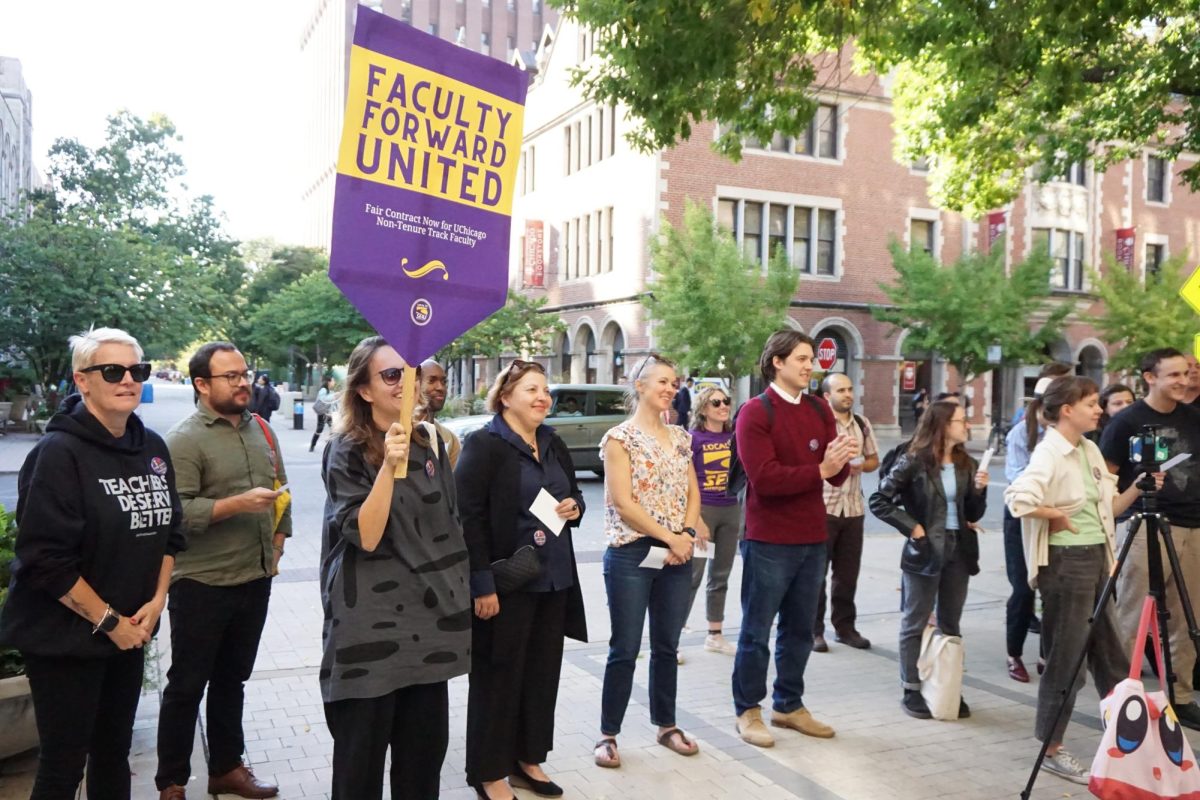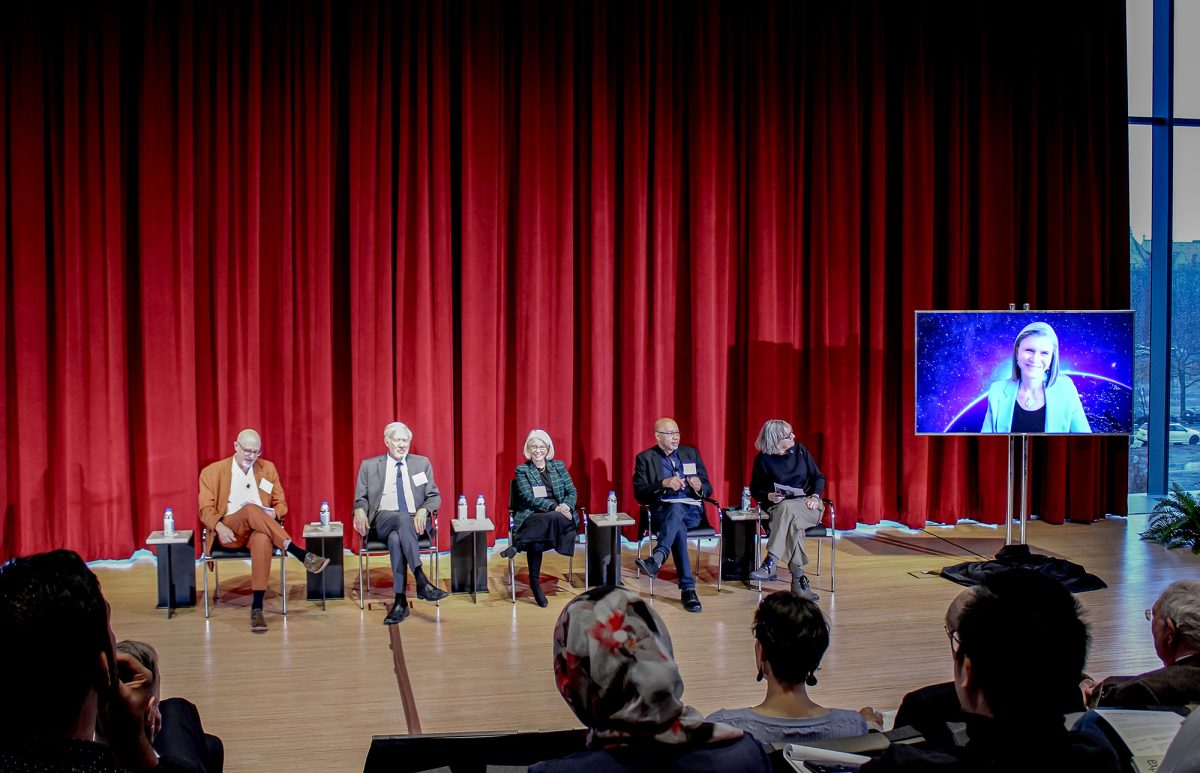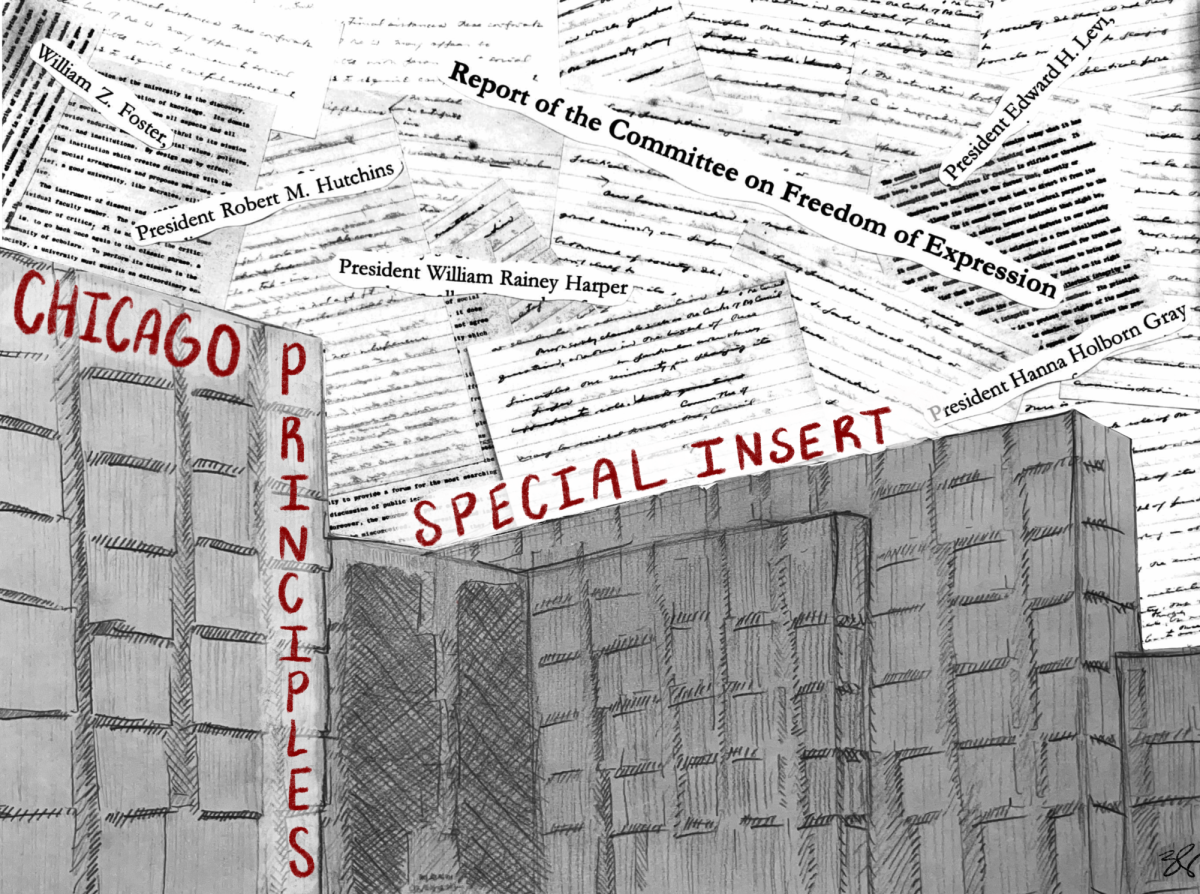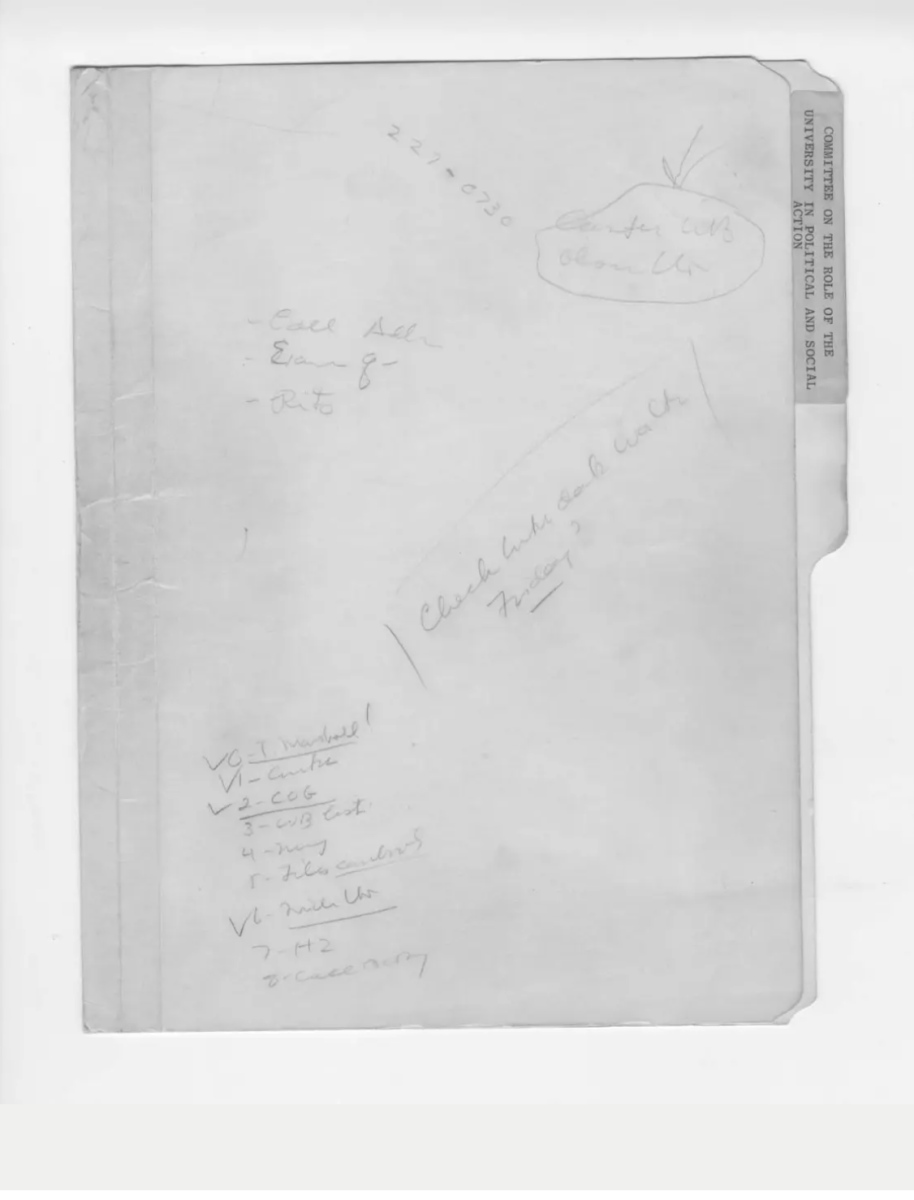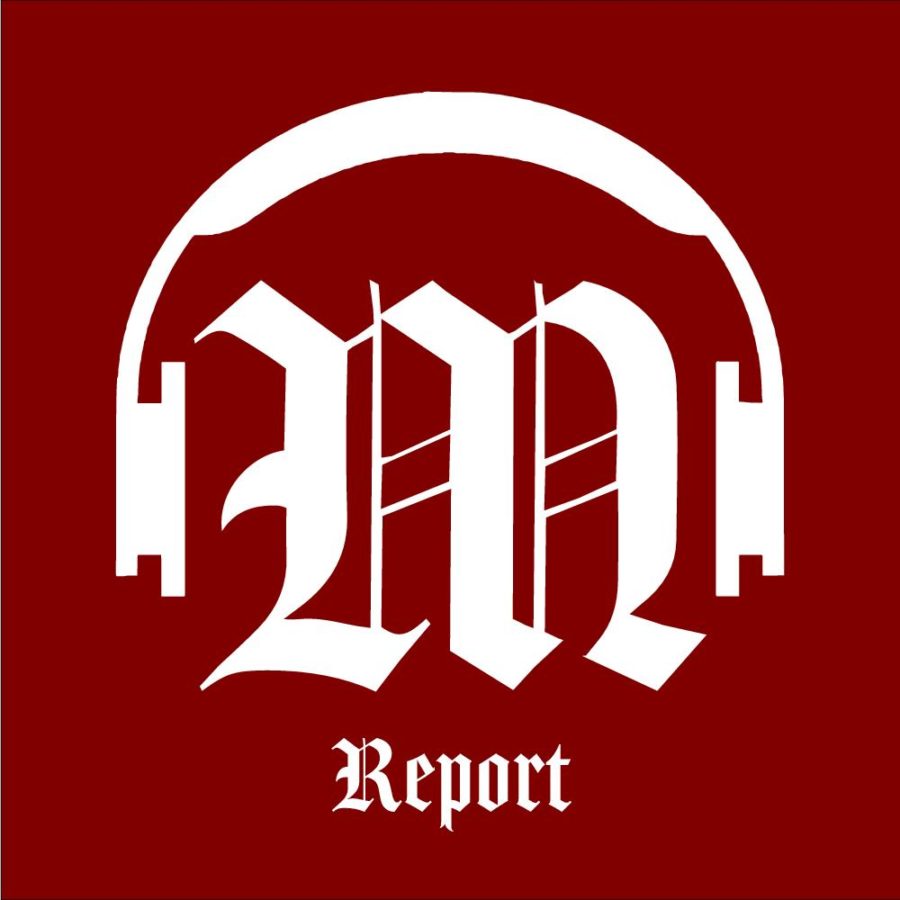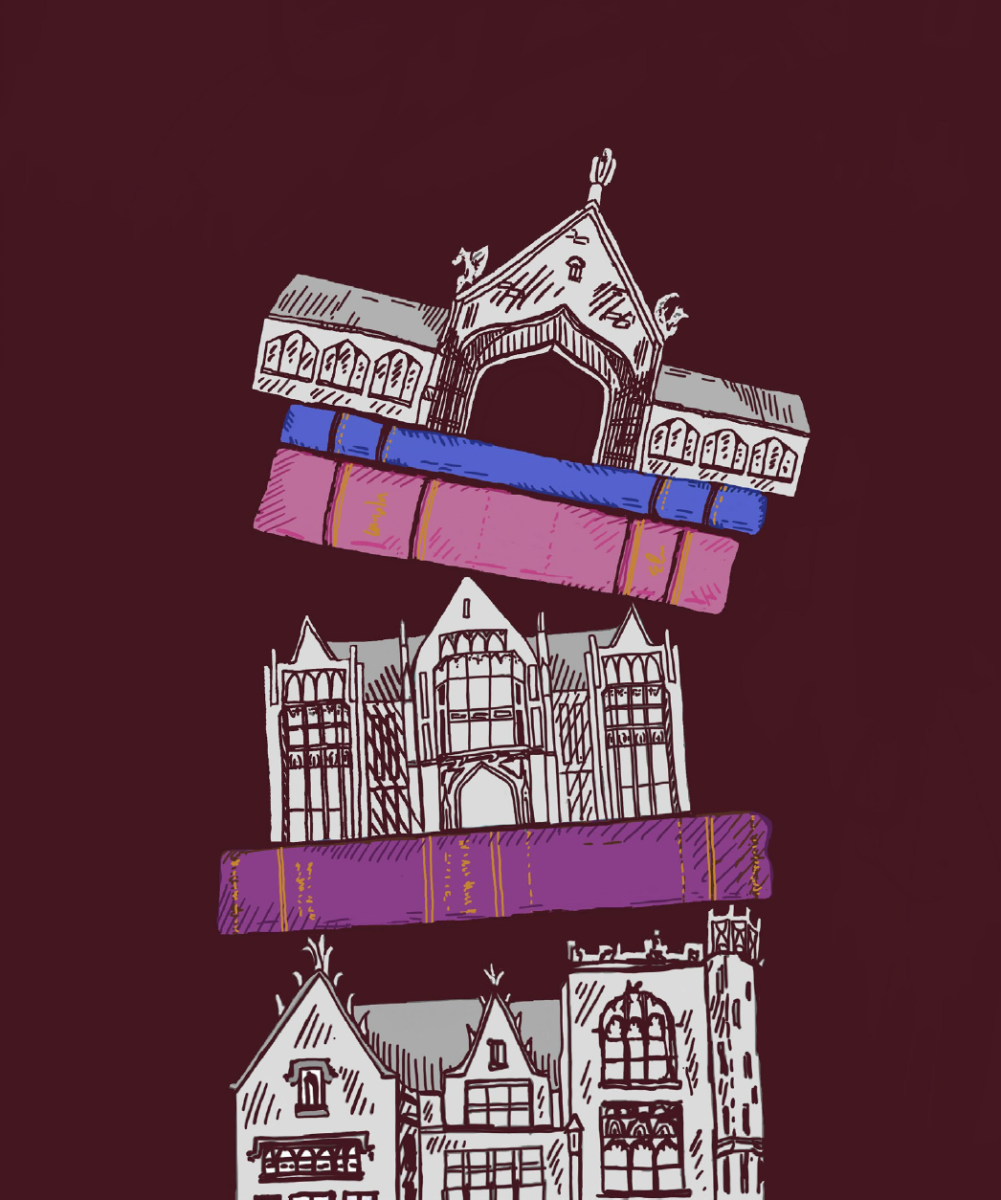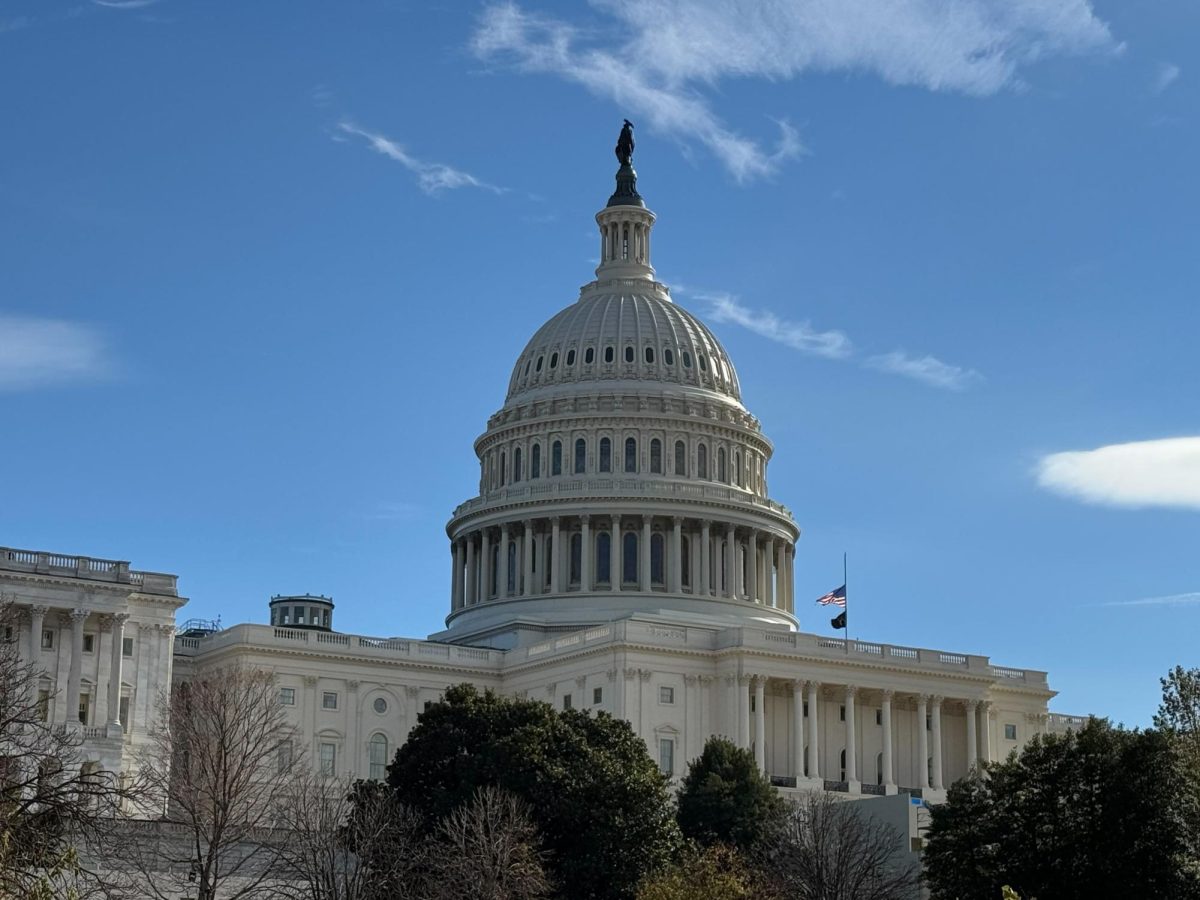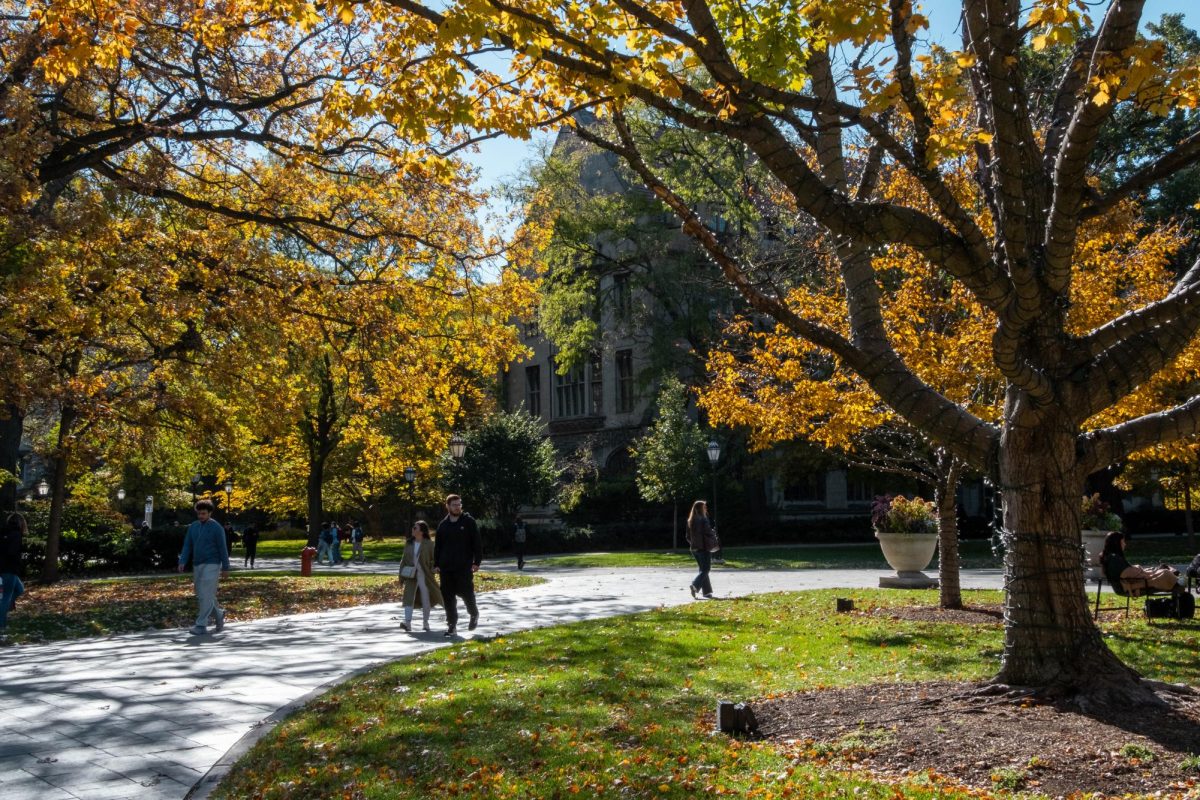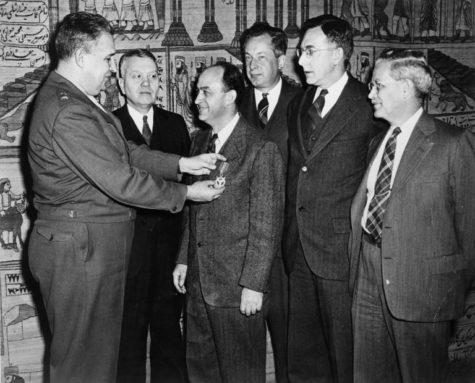Within the classroom, many faculty members have an expectation that the Chicago Principles protect their right to express controversial positions. However, when they step outside of the classroom, it is unclear whether those protections still apply.
As faculty members establish public personas built on their professional reputations, some professors argue the Chicago principles extend beyond the University while non-tenure-track faculty fight to establish their right to protection at all.
On social media platforms, there is an overlap between a faculty member’s professional and personal identities—evident from faculty members’ statements on UChicago’s spring encampment. Though a university might be self-contained, distinct from the public sphere, outsiders can peer into the institution by observing the expression of student and faculty opinions—a quick search of “UChicago” on X will do the trick.
A large factor of the university’s separation from the public sphere is its need to prioritize academic freedom, a kind of freedom set apart from freedom of expression. As legal scholar Robert Post describes, “On campus, there is freedom to discover, develop, and distribute ideas in pursuit of knowledge and diffuse it in education. In the public sphere, there is freedom to debate and deliberate about ideas in expressing and responding to others’ opinions. The former is academic freedom, the latter freedom of speech.”
Faculty speech that takes place outside of the classroom and pertains to scholarship is protected by the Chicago Principles, according to First Amendment scholar and UChicago Law School professor Genevieve Lakier. Rather than simply ensuring academic freedom, the Principles err on the side of protecting broader forms of expression, meaning there is a higher tolerance for the circulation of misinformation on campus.
“We’re embedded in the larger society, and until our politics changes, there’s no way for this institution to solve the problem of misinformation or falsity,” Lakier said. “The best way to deal with misinformation is to have a really vigorous culture of fact-checking and argumentation. And I do think [the University of] Chicago is pretty good at that.”
False and misleading information is not encompassed by the principle of academic freedom, but this speech is of the public sphere and has wide protection under the Principles, according to Lakier.
The Chicago Principles, Lakier said, try to protect both academic freedom and freedom of expression by “supplementing what is the traditional university focus on academic freedom with this rich understanding that… outside of the classroom, in the public sphere of the university more broadly, it is important to have a broader conversation that can help make sure that what happens in the classroom is not too isolated from broader public discourse.”
Take the discourse surrounding the course “The Problem of Whiteness,” an instance of back-and-forth between students, faculty, and administration that put the Chicago Principles to the test against the virulence of social media speech. In 2022, University undergraduate Daniel Schmidt (’25) took to X (then Twitter) to express his opposition to the course offering, which aimed to examine the concept of “whiteness.”
“[It] led to threats and doxxing of the instructor… and it’s really scary, and then of course, it obviously has a very significant chilling effect on the willingness to do controversial things, the kind of stuff that the University is supposed to enable and protect,” Lakier said.
As part of his thread about the course, Schmidt tweeted, “You have to wonder what the solution to the ‘Problem of Whiteness’ would be. This is how people who detest white people think and talk. And they have taken over all universities under the guise of ‘academic freedom.’ No sane professor can oppose it without risking their career.”
In Schmidt’s tweet, there’s an implication that faculty cannot oppose institution-sponsored initiatives, an implication that speaks to the perceived inadequacy of the Chicago Principles’ practical application.
“The student was protected by the Chicago Principles, the instructor was protected by the Chicago Principles. What do you do in such a situation?” Lakier said.
Lakier has focused her recent scholarship on how the First Amendment interplays with false and misleading information—complicated by discourse in the online sphere—and worries the University could be affected by the spread of misinformation. Although the protection of misinformation is necessary under the First Amendment, it could isolate the University from the broader public sphere.
“There are many people who think the way to respond to the current highly polarized, complicated political environment and media environment is to raise the drawbridge and create a moat around the ivory tower that is the institution,” Lakier said.
To do so—to insulate the University and its Principles from the broader public—would be a shame, she said. “Universities have this really critically important role to play and speak to a broader public audience. I think a lot of academics think that it’s really beneficial to be perceived by a broader public.”
While Lakier worries that the University may create a moat and raise the drawbridge, others are working to safeguard faculty against the noted “chilling effect” on University-sponsored inquiry to preserve the University’s connection to the public sphere. Faculty Forward, the union representing UChicago’s non-tenure-track faculty, is working to ensure that its constituents are wholly protected by the Chicago Principles to guard against this possibility.
Faculty Forward, which represents over 500 academic employees including lecturers, teaching fellows, and Humanities Writing Program writing specialists, ratified a new five-year collective bargaining agreement (CBA) with the University on November 13, 2024. The CBA seeks to attain more “equitable working conditions, protections around academic freedom, and an ongoing role in the shared governance of the university through meaningful collective bargaining,” the union wrote on their website.
Tristan Schweiger, an assistant instructional professor in the Master of Arts Program in the Humanities and the recording secretary of Faculty Forward, has been an instructor at the University since 2011.
Motivating the focus on protecting academic freedom for non-tenure-track faculty, Schweiger said, is the belief that outside of the classroom, speech that reflects the personal views of a faculty member should not be at risk of scrutiny by University administration, provided that the speech doesn’t infringe upon the faculty member’s ability to teach effectively.
Schweiger said there had been a feeling among union members that although academic freedom and freedom of expression were codified in University policy, there remained pressure from management to “be on your best behavior.” The language of preexisting policy implied that “lecturers… should at all times remember that they’re representing the University of Chicago,” Schweiger said. “And [the union] successfully got [the language] struck.”
The “best behavior” language in the previous CBA, active from 2021–24, read, “As members of a learned profession and employees of the University, Lecturers should remember that the public may judge their profession and the University by their utterances. Hence they should at all times be accurate, should exercise appropriate restraint, should show respect for the opinions of others, and should make every effort to indicate that they are not speaking for the University.”
The passage in the current CBA reads, “The University shall not attempt to control the personal opinion of, nor the public expression of that opinion by, any Lecturer whether such activity occurs on or off campus. When speaking in their personal capacity, bargaining unit members have the right to the same freedom of expression, inquiry, and assembly as other individuals regarding political rights and privileges, without fear of institutional censorship, reprisal, or discipline.”
These stronger protections for faculty members come at a time when universities are beginning to recede from public perception, Lakier said.
“We already have seen at Columbia, for example, they’ve closed the gates—like, literally closed the gates—and made it difficult to enter the campus,” Lakier said. “That’s for lots of reasons, but I think it is part of a move by university administrators to try and insulate themselves from the distorting, problematic, difficult politics of the broader public sphere.” This behavior, Lakier added, will happen more frequently as institutions continue to grapple with online public perceptions.
It remains to be seen whether these protections will act as an effective bulwark against a chilling effect that would otherwise curb inquiry and speech.
Schweiger and Jason Grunebaum, Faculty Forward co-chair for full-time faculty and an instructional professor in the South Asian Languages and Civilizations department, affirm that lecturers, when acting in their official capacities, must abide by University standards of professionalism.
However, Faculty Forward wanted the CBA to reflect that “when [lecturers] are acting as private citizens… we have First Amendment rights, and as union members, as labor[ers], we also have rights under the National Labor Relations Act and Illinois labor law, too,” Schweiger said.
Article VII of the CBA, the Equal Employment Opportunity and Non-Discrimination article, establishes the intention to convene a joint committee with University management and union members to form policy recommendations that address the problem of online harassment.
The impetus for the joint committee model was the complexity and novelty of this challenge, Schweiger noted. The union plans to advocate for fair policies that protect its members, students, and the University committee and that commit “to a very broad protection of speech and [of] academic freedom as well.”
As the threat of University insulation looms, non-tenure-track faculty obtain protections of their freedoms of expression, and the boundaries between professional and personal are pushed, broken, and rebuilt by the social media landscape, the University continues to use the Chicago Principles as its North Star.
“I think it is actually very important that universities allow there to be a vigorous and wide-ranging debate on campus , even among those who are articulating things that they think are untrue,” Lakier said.
“The University’s public position, for a long time, has been that it takes a maximalist view of speech rights,” said Schweiger. “Our main mission is to fight for our members, but our broader concerns are [about] the whole university community: that speech and debate are valued here, that speech that does not discriminate, that does not actively harm someone else, but that is the expression of someone’s beliefs should be broadly protected when it’s outside of the classroom.”
Protecting this speech in line with the Chicago Principles, whether off-campus or on X, will be “on the union’s radar,” said Schweiger.



